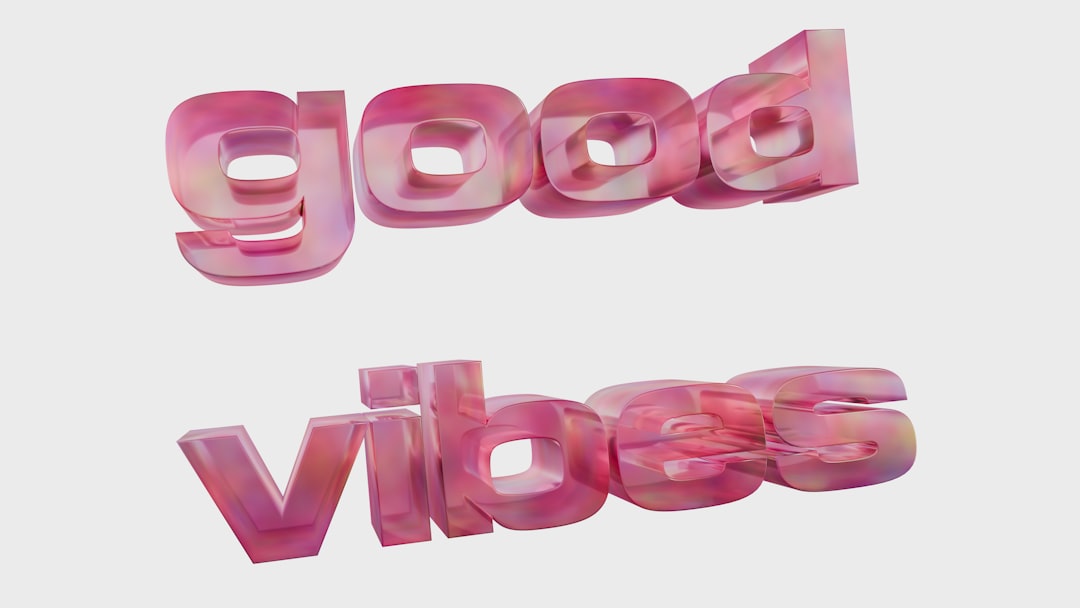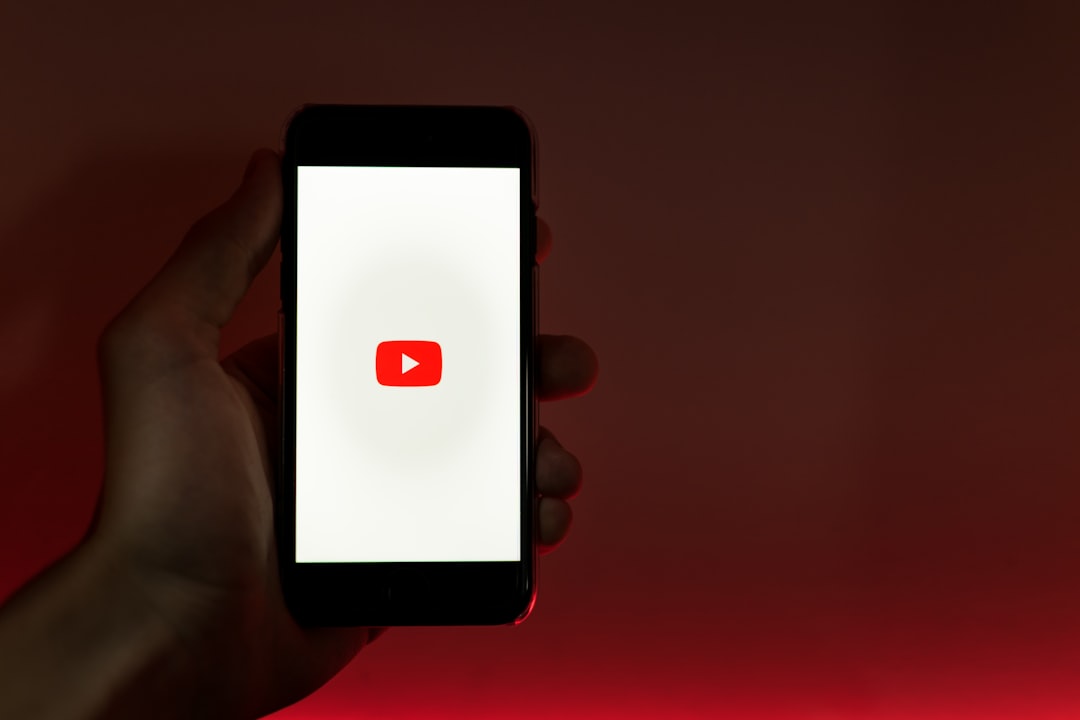Monetizing video content has become a viable income stream for many individuals and businesses. Two of the most popular platforms—YouTube and Rumble—offer creators the ability to earn revenue from the videos they upload. While both platforms focus on video sharing, they have different approaches to monetization, audience engagement, and content policies. Understanding how each platform enables monetization can help creators choose the best path forward for their content strategy.
YouTube Monetization
YouTube is one of the oldest and most established video-sharing platforms in the world, and it provides detailed monetization tools through the YouTube Partner Program (YPP). Here are the key requirements and features:
- Eligibility: To join the YPP, creators must have at least 1,000 subscribers and 4,000 valid public watch hours in the past 12 months.
- Revenue Sources: Once accepted, creators can earn money from ads, channel memberships, super chats, merchandise shelf, and YouTube Premium revenue.
- Ad Types: Advertisers can place display, overlay, skippable video, and non-skippable video ads on eligible content.
- Content Guidelines: YouTube has strict policies related to copyright, community standards, and monetizable content. Violations can lead to demonetization or account suspension.
YouTube’s strength lies in its massive audience, sophisticated analytics tools, and integration with Google products. However, its competitive environment and strict monetization rules require consistent quality and compliance.

Rumble Monetization
Rumble is a newer player in the video-sharing space, catering to a more diverse range of content creators, including those who may feel limited by YouTube’s restrictions. Rumble offers creators multiple ways to monetize their videos, and the platform is known for its simplicity in payouts and terms.
- Monetization Options: Rumble allows users to monetize through ad revenue, video licensing, and content syndication.
- Account Accessibility: Unlike YouTube, creators do not require a minimum number of subscribers or watch hours to begin monetizing.
- Ownership Models: Rumble offers different licensing options (Exclusive, Non-Exclusive, and YouTube Management) that determine how much control Rumble has over your video and where it can be distributed.
- Payouts: Rumble shares a portion of ad revenue with creators and also pays set fees when videos are licensed to media outlets.
Many creators see Rumble as a more open alternative, particularly when they produce content that may not fit neatly within YouTube’s strict policies. However, Rumble’s audience is smaller, which may impact reach and engagement.

Comparing YouTube and Rumble
Each platform has its strengths. YouTube, with its global reach and advanced features, is ideal for creators aiming to build a large, diverse audience. Rumble, on the other hand, offers more immediate monetization access without strict entry barriers or censorship concerns. Here’s a quick comparison:
- Audience: YouTube has a significantly larger user base.
- Monetization Threshold: Easier entry on Rumble.
- Content Restrictions: Stricter on YouTube; more lenient on Rumble.
- Revenue Potential: Higher on YouTube if the channel is successful.
Ultimately, creators can maximize their earnings by leveraging both platforms. Cross-posting content on Rumble while maintaining a strong YouTube presence enables them to benefit from YouTube’s high traffic and Rumble’s liberality in content monetization.

Frequently Asked Questions
-
Q: Can I monetize the same video on both YouTube and Rumble?
A: Yes, if you choose the non-exclusive license on Rumble, you’re allowed to upload and monetize the same video on multiple platforms, including YouTube. -
Q: How do I get paid on Rumble?
A: Rumble pays creators through PayPal or other available payout methods. Payouts are made monthly, and there is a minimum threshold to reach before receiving payments. -
Q: How long does it take to get monetized on YouTube?
A: Once you meet the eligibility criteria, YouTube reviews your application. The review process may take several weeks, depending on demand and compliance with community guidelines. -
Q: Which platform is better for new content creators?
A: Rumble is more accessible for new creators due to its lack of thresholds for monetization. However, YouTube offers better scalability and more monetization features in the long term.
In conclusion, yes, you can monetize on both Rumble and YouTube. Each offers unique advantages, and depending on your content and goals, you may find one platform more suitable than the other—or even better, use both to maximize your reach and earnings.



